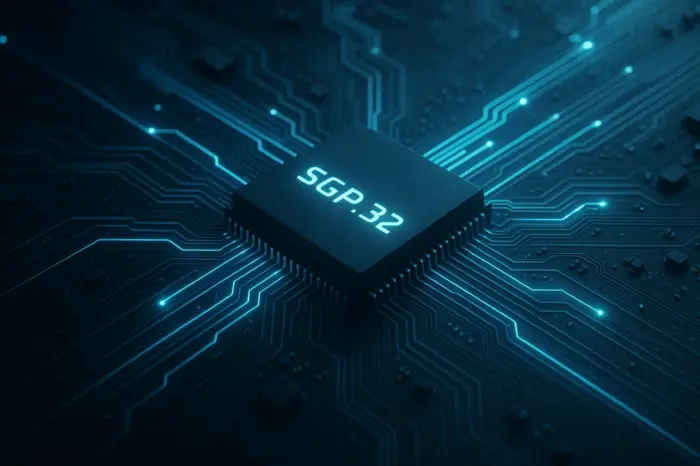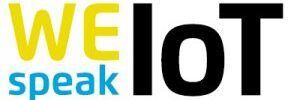AT&T and Thales launch new eSIM generation for IoT fleets based on GSMA standard SGP.32

The US companies AT&T Inc. and Thales Group have jointly introduced a new generation of embedded SIM (eSIM) solutions designed specifically for IoT (Internet of Things) applications. The solution is based on the current SGP.32 standard from the GSMA to efficiently, securely, and automatically manage large-scale device fleets worldwide.
According to the press release, companies will soon be able to ship devices with a pre-integrated eSIM that can later be remotely configured (“over-the-air”) with the appropriate mobile network profile — eliminating the need for physical SIM card replacement or on-site intervention. AT&T provides the IoT connectivity service (“AT&T Virtual Profile Management for IoT”), while Thales contributes its Thales Adaptive Connect platform, which manages secure profile administration. Only in July, Thales announced its certification for the SGP.32 standard.
For subscription and device access management, the joint offering relies on automation and centralized control: profile changes, contract updates, or adjustments to device fleet configurations can all be handled through a unified interface. The partners are targeting industries with large numbers of connected devices — such as automotive manufacturers, utilities, smart-city deployments, and healthcare providers.
Mobile IoT connectivity market on the rise
The market for cellular IoT connectivity is growing rapidly: GSMA forecasts project over 5.8 billion connections by 2030. With SGP.32, AT&T and Thales are adopting a standard specifically designed for resource-constrained devices, global deployments, and automated lifecycle processes.
Summary (tl;dr)
- AT&T and Thales introduce a new eSIM solution based on the SGP.32 standard.
- Devices can be shipped with a pre-integrated eSIM and later provisioned over-the-air with the correct mobile profile.
- Target industries: companies with global IoT deployments (automotive, smart city, utilities, healthcare).
- SGP.32 enables remote management, automation, and greater flexibility in connectivity.















